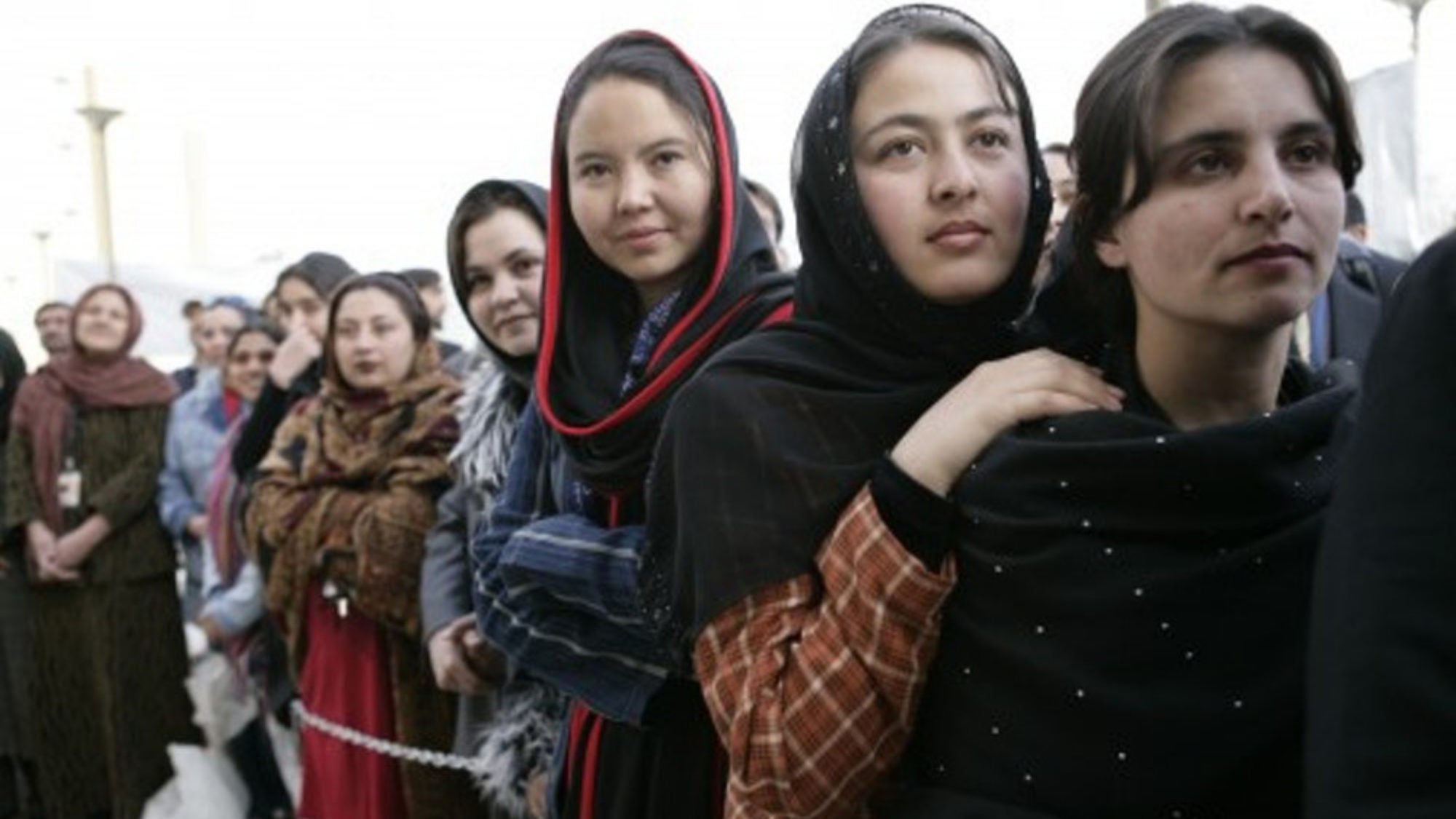GJIA: You are the first woman ambassador of Afghanistan to the United States. Why do you think it’s important to have a woman representing Afghanistan overseas?
RR: It is basically the reality of the new Afghanistan. Afghanistan is in a position to make merit-based judgments, and they are also acknowledging that 50% of their population are valuable assets that they can capitalize on. The current now government has the vision to see and understand that, and they made my appointment to reflect that evolution which has taken place particularly over the past 18 years, and which has enabled us to have a female representative.
In your role, have you faced any challenges that were a result of being a woman?
Frankly, yes, all the time. It is both a challenge and an opportunity at the same time, because there is a shock factor; there are many people who are not aware of how Afghanistan has moved on, so they find it surprising that a woman is a representative of this country. And that also gives me the advantage. But, of course, there are a number of challenges, in particular back in my country, as there are venues and possibilities available and conducive to men which are still not open for women. That makes the job more difficult in terms of obtaining information and being part of the social circles where a lot of the important decision are entertained.
Prior to serving as a diplomat, you worked in a number of other organizations. Why did you decide to go into the diplomatic service?
When I returned back to my country after finishing my studies at McGill, I was working with non-governmental organizations, and I was very frustrated with the government. I realized that if I want to make change, it has to come from within the place where I am seeing problems, which need to be reformed and improved. I could critique it, but that’s the easy way out. If I want to be responsible, I must do something about what I believe should be changed, and therefore I decided to work within the government and from there have entered the foreign service.
What advice would you give to young women from your country who are hoping to follow in your footsteps and also make change in their governments?
Don’t give up! That’s the rule. If I were to tell them one thing, it’s to not give up. There is so much discouragement on a daily basis, and it is so easy to be discouraged, but don’t give in to that, and don’t give up on your confidence. Just keep going, and what you want to accomplish will happen – it always does. I believe the truth with always prevail.
Disclaimer: this transcript has been lightly edited for clarity and length.
. . .
Ambassador Roya Rahmani currently serves as the first woman Ambassador of Afghanistan to the United States, a position to which she was appointed in December of 2018. Prior to this appointment, she served as Afghanistan’s first woman ambassador to Indonesia, and the country’s first accredited ambassador to the Association of South East Asian Nations (ASEAN). She also worked as a senior advisor for Planning and Policy for the Ministry of Education for Afghanistan, and has held a number of positions directing and managing programs within national and international organizations including NATO, the UN, and other international non-governmental organizations. Ambassador Rahmani has won several awards and fellowships, and is a Fulbright Scholar. She holds a Bachelor of Software Engineering from McGill University and a Master’s degree in Public Administration from Columbia University.

